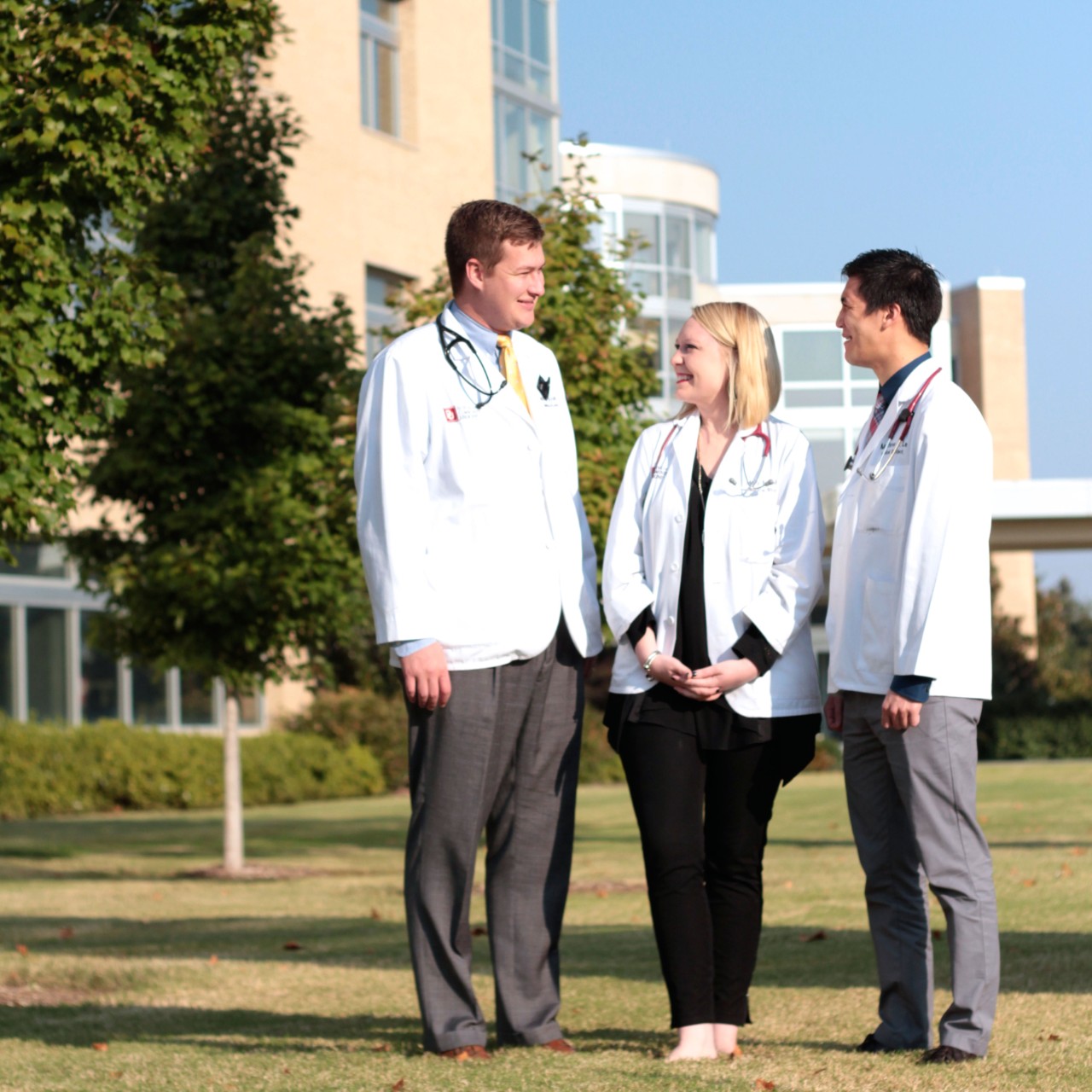To improve cardiovascular health in Oklahoma, a $15 million grant will advance work by researchers at the University of Oklahoma Health Sciences Center and the School of Community Medicine in Tulsa in collaboration with health professionals statewide.
Awarded by the Agency for Healthcare Research and Quality of the U.S. Department of Health and Human Services, the grant funds Healthy Hearts for Oklahoma, a comprehensive project aimed at creating an effective, sustainable system to help primary care practices across Oklahoma improve cardiovascular disease management and prevention.
“This grant provides a critical infrastructure to help ensure better health for all Oklahomans, especially those in remote and rural areas of the state” said OU President David L. Boren. “It is a tribute to the talent and dedication of OU researchers, who are dedicated to improved health care.”
OU is one of seven grantees awarded as part of the Agency for Healthcare Research and Quality initiative, EvidenceNOW – Advancing Heart Health in Primary Care, which supports the broad U.S. Department of Health and Human Services effort for Better Care, Smarter Spending, and Healthier People, and is aligned with the Department’s Million Hearts® national initiative to prevent heart attacks and strokes.
“The goal of the EvidenceNOW initiative is to give primary care practices the support they need to help patients live healthier and longer,” said Health and Human Services Secretary Sylvia M. Burwell. “By targeting smaller practices, we have a unique opportunity to reduce cardiovascular risk factors for hundreds of thousands of patients and learn what kind of support results in better patient outcomes.”
Dr. Steven Crawford of the OU College of Medicine’s Department of Family and Preventive Medicine and Dr. Dan Duffy at the School of Community Medicine in Tulsa will head the Oklahoma research effort.
“This project brings together investigators with a broad base of expertise to help ensure that these practices receive the information, support and feedback needed to improve management of four cardiovascular disease risk factors. These include smoking, blood pressure, cholesterol and the use of low-dose aspirin,” Crawford said.
“Through this project, we will provide technical support to 300 primary care practices, helping them implement methods based upon patient-centered care outcomes research. Our ultimate goal, of course, is to positively impact the care of patients at risk for cardiovascular disease events like heart attacks and stroke,” Duffy said.
The work will involve critical collaboration with the Oklahoma Foundation for Medical Quality, the Public Health Institute of Oklahoma, the Community Service Council, Oklahoma Center for Healthcare Improvement, Oklahoma Primary Care Association, Oklahoma Area Health Education Centers, MyHealth Access Network and Coordinated Care Oklahoma, as well as Brigham and Women’s Hospital in Boston.
“This important project provides the opportunity to enhance the health of Oklahomans all across the state by building a collaborative network of primary care physicians, practices and organizations,” said Timothy VanWagoner, Ph.D., administrative director of the Oklahoma Clinical and Translational Sciences Institute at Harold Hamm Diabetes Center at OU.
He pointed out that the grant brings together individuals, like Crawford and Duffy, with decades of experience in disseminating and implementing the findings of patient-based outcomes research.
“Participating practices will be provided initial and monthly performance feedback in an effort to establish and share ‘best practices’ in the management and prevention of what we know to be critical cardiovascular risk factors. Of course, the ultimate goal is better health for patients across Oklahoma, especially those in traditionally-underserved parts of the state,” VanWagoner added.
Project evaluation will be handled by a team of collaborating researchers from the OU College of Public Health, including Ann Chou, Ph.D., an associate professor of Health Administration, and Julie Stoner, Ph.D., chair of the Department of Biostatistics and Epidemiology.
OU’s grant will run for three years. The Agency for Healthcare Research and Quality also awarded a four-year grant to the Oregon Health and Science University to conduct an independent national evaluation of the overall EvidenceNOW initiative. Together, these grants represent one of the largest research investments to date by the Agency for Healthcare Research and Quality. For more information about the Agency for Healthcare Research and Quality’s EvidenceNOW initiative, including details on each of the grantees and cooperatives, visit: http://www.ahrq.gov/evidencenow.html.



